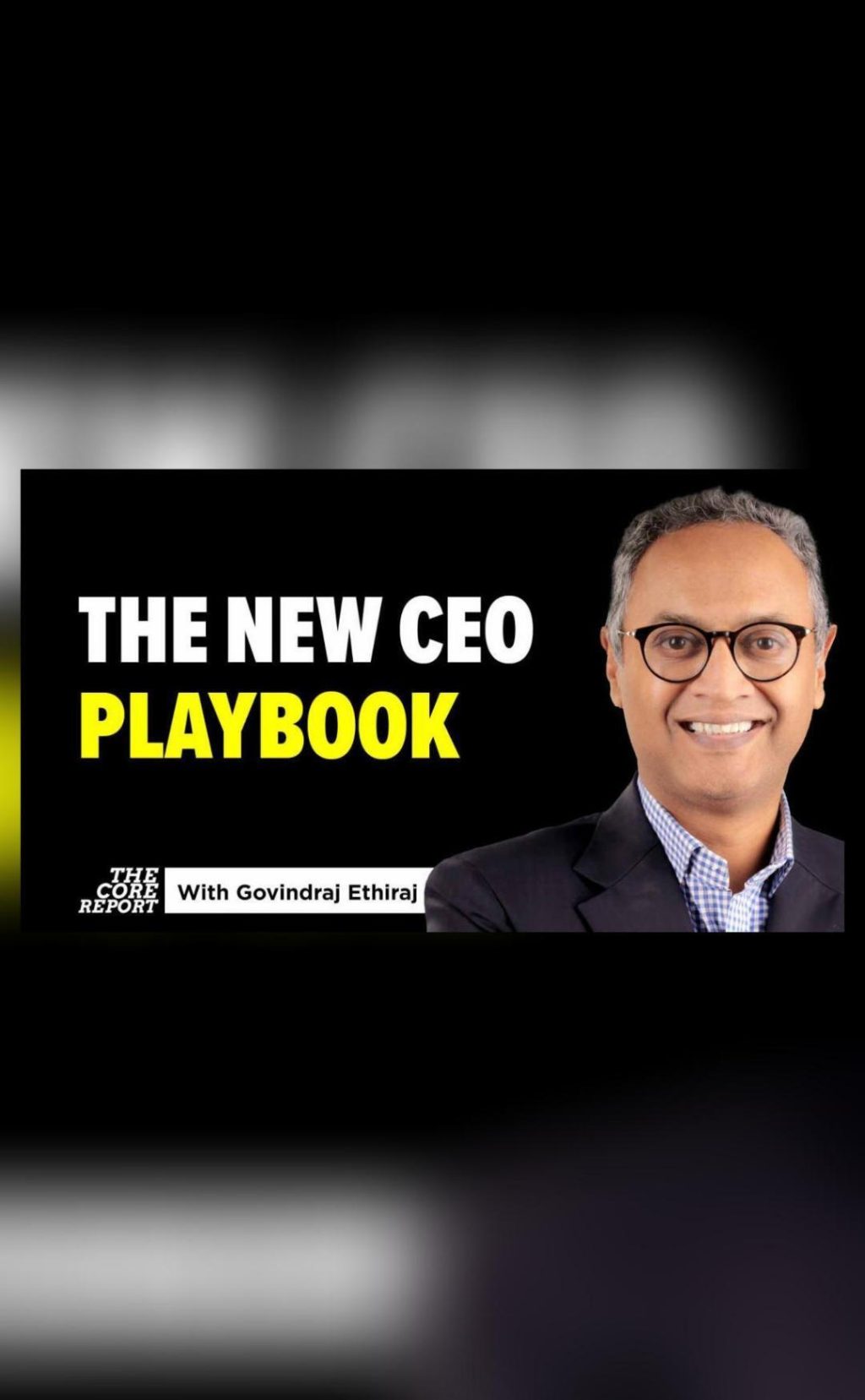
The New CEO Playbook: AI Pressures & Global Tariff Shocks
As the world becomes increasingly digital, the role of a CEO has never been more challenging. With the rise of Artificial Intelligence (AI) and the advent of global tariff shocks, business leaders are facing unprecedented pressures to innovate, adapt, and evolve. Gone are the days of steady growth and predictability, replaced by a fast-paced, ever-changing landscape that requires CEOs to think on their feet and make tough decisions quickly.
In this article, we’ll explore the new CEO playbook, examining the pressures of AI and global tariff shocks and how CEOs can adapt to these challenges to ensure the long-term success of their companies.
AI Pressures: The Need to Automate and Innovate
AI is transforming industries at an unprecedented rate, from healthcare to finance, and from manufacturing to customer service. As AI becomes more prevalent, companies are under pressure to not only adopt new technologies but also to automate and innovate to stay ahead of the competition.
For CEOs, this means prioritizing digital transformation and investing in AI-powered solutions to improve efficiency, reduce costs, and enhance customer experiences. However, this comes with its own set of challenges, including:
- Talent acquisition and development: As AI changes the skills required for certain jobs, CEOs must focus on upskilling and reskilling their workforce to ensure they have the right talent to drive innovation.
- Data management and security: With the increasing use of AI, companies are generating vast amounts of data, which must be managed and secured to prevent cyber threats and maintain trust with customers.
- Ethical considerations: AI raises important ethical questions, such as bias in decision-making and accountability for algorithms. CEOs must ensure their companies are transparent and responsible in their use of AI.
Global Tariff Shocks: The Impact on Trade and Business
The rise of global tariff shocks has disrupted trade patterns and created uncertainty for businesses worldwide. As trade tensions escalate, CEOs must navigate a complex web of tariffs, quotas, and other trade restrictions to protect their companies’ interests.
For CEOs, this means:
- Diversifying supply chains: Companies must identify alternative suppliers and diversify their supply chains to mitigate the risks of tariffs and trade restrictions.
- Adapting to changing market conditions: CEOs must be prepared to adjust their business strategies and operations in response to shifting market conditions and trade policies.
- Lobbying and advocacy: Companies must engage with governments and industry associations to advocate for policies that support fair trade and promote business growth.
The New CEO Playbook: Localizing, Adapting, and Reconsidering
In the face of AI pressures and global tariff shocks, CEOs must rethink their strategies and operations to stay ahead of the curve. The new CEO playbook involves:
- Localizing business models: Companies must adapt to local market conditions and regulatory requirements, which may involve adjusting business models and operational structures.
- Embracing agility and flexibility: CEOs must be prepared to pivot quickly in response to changing market conditions and trade policies.
- Reconsidering long-held business models: As AI and global tariff shocks disrupt traditional industries, CEOs must be willing to challenge their own assumptions and adapt to new realities.
Conclusion
The new CEO playbook is all about adapting to the unprecedented pressures of AI and global tariff shocks. By prioritizing digital transformation, diversifying supply chains, and advocating for fair trade policies, CEOs can ensure the long-term success of their companies. As the business landscape continues to evolve, CEOs who can rethink their strategies and operations will be better equipped to navigate the challenges ahead.
Source:






